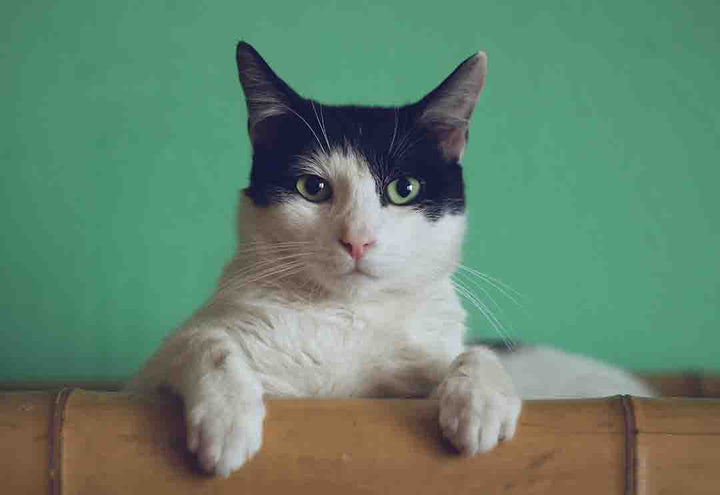Cats can eat sauerkraut, but it is not necessary for their diet. Cats are obligate carnivores and do not require vegetables like sauerkraut.

Credit: www.fidobiotics.com
Can Cats Eat Sauerkraut?
Sauerkraut is a popular fermented food made from cabbage. As a cat owner, you may wonder if it is safe for your feline friend to consume sauerkraut. In this section, we will explore whether cats can eat sauerkraut, the health benefits of fermented foods for pets, whether dogs can have sauerkraut, and if cabbage is safe for cats.
Health Benefits Of Fermented Foods For Pets
Fermented foods offer numerous health benefits for both humans and pets. They act as potent chelators and detoxifiers, helping to rid the body of heavy metals and other toxins. For pets, incorporating small amounts of fermented foods into their diet can improve gut health and digestion.
These foods also contain probiotics, which are beneficial bacteria that support a healthy gut flora. Probiotics can boost the immune system, aid in nutrient absorption, and alleviate digestive issues such as diarrhea and constipation.
Furthermore, fermented foods are rich in vitamins and minerals, such as vitamin C and vitamin K. These nutrients contribute to overall wellness and can support your cat’s immune system.
Can Dogs Have Sauerkraut?
While sauerkraut can be a healthy addition to a dog’s diet, it should not be the main component. Raw, unpasteurized sauerkraut made from cabbage and lactic acid can provide some benefits to your furry friend’s gut health. However, it is important to feed sauerkraut in moderation and consider other sources of probiotics available in traditional dog foods.
To ensure your dog’s safety, it is essential to avoid sauerkraut with harmful ingredients like garlic, which can be toxic to dogs. Always consult with your veterinarian before introducing any new food to your dog’s diet.
Is Cabbage Safe For Cats?
Yes, cabbage is generally safe for cats to eat in moderation. It is not a common addition to their diet, as felines are obligate carnivores. However, cabbage contains essential vitamins and minerals like vitamin K, vitamin C, potassium, calcium, and folate, which can contribute to your cat’s overall health.
While cabbage itself is safe, it is crucial to avoid any cabbage-based products that may contain harmful additives or seasonings. Always consult with your veterinarian to ensure the safety and appropriate portion size of cabbage for your cat.

Credit: www.hepper.com

Credit: www.fidobiotics.com
Frequently Asked Questions On Can Cats Eat Sauerkraut
Can Cats Eat Fermented Food?
Yes, cats can eat fermented food like sauerkraut, but it is not necessary for their diet. Cats are obligate carnivores and do not require vegetables. However, sauerkraut can be a healthy addition to their diet in moderation. Avoid sauerkraut with added ingredients like garlic, as it can be harmful to cats.
Can Animals Have Sauerkraut?
Yes, animals can have sauerkraut in small amounts for their gut health, but it shouldn’t be a main component of their diet. Sauerkraut made from cabbage and lactic acid is a healthy addition for dogs, while cabbage is safe for cats in moderation, but not commonly included in their diet.
Is Cabbage Ok For Cats?
Yes, cabbage is safe for cats in moderation. It is rich in essential vitamins and minerals that are beneficial for their health. However, it is not commonly included in their diet.
Can Cats Eat Pickled Cabbage?
Yes, cats can eat pickled cabbage in moderation. However, as obligate carnivores, cats don’t require vegetables in their diet. While pickled cabbage is not toxic, it’s not a necessary component of their nutrition.
Conclusion
Cats can eat sauerkraut, but it is not necessary for their diet. Cats are obligate carnivores and vegetables are not a major part of their nutritional needs. While sauerkraut is not toxic to cats, it is important to ensure that there are no harmful ingredients, such as garlic, in the sauerkraut.
It is always best to consult with a veterinarian before introducing new foods into your cat’s diet.

